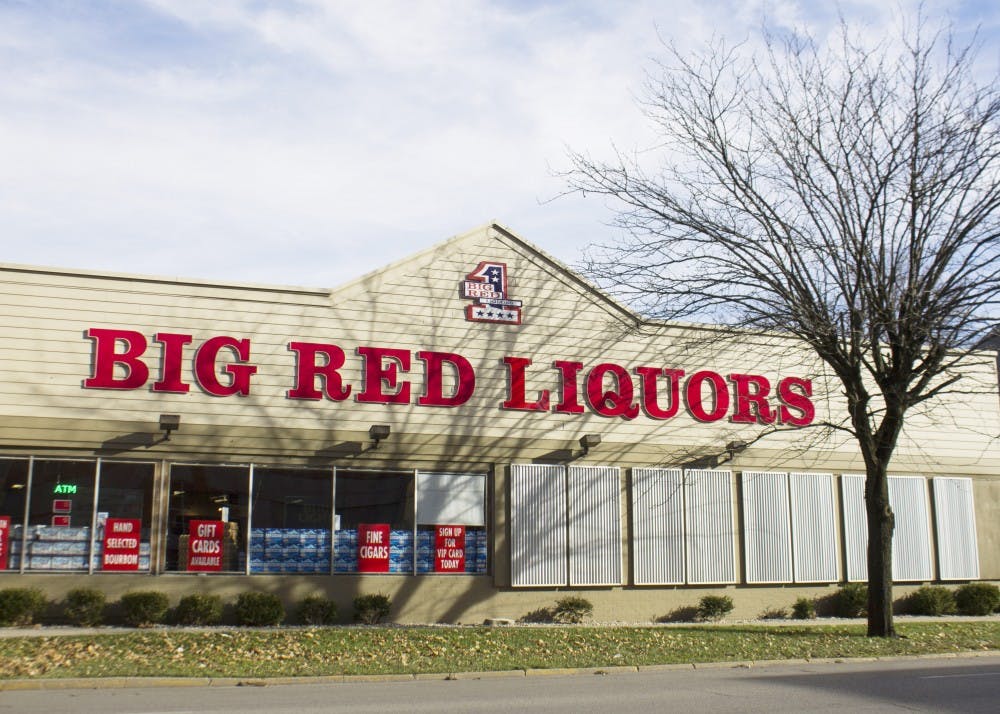Purchasing alcohol in Indiana could look a lot different over the next couple of years. Who that will benefit — liquor, convenience or grocery stores — is yet to be determined.
Sunday sales and cold beer sales are at the top of the Indiana Alcohol Code Revision Commission's agenda.
In 1853, Indiana prohibited the sale of alcohol on Sunday — primarily on a religious basis.
In response to ongoing controversy over laws about cold beer and Sunday sales within the Indiana alcohol code, the state assembled the commission to review the current laws and recommend changes to the larger legislature.
“Over the last several decades, the legislature has simply just put one Band-Aid on another on another when it comes to the alcohol code,” commission member Sen. Eric Bassler, R-Washington, said.
The code is in need of review, according to the commission.
“We are talking about, in many cases, changes that haven’t been made since the days of prohibition,” Sen. David Niezgodski, D-South Bend, said.
Under current Indiana state law, alcohol cannot be sold by convenience stores, liquor stores or grocery stores on Sunday. It can, however, be purchased at restaurants, bars, wineries and breweries.
The commission will recommend a revision to this law — in support of legalizing Sunday sales — to the legislature after it reconvenes Jan. 3.
If the recommendation is taken, a bill will be drafted that would need to pass through Indiana’s House and Senate. Gov. Eric Holcomb would have an opportunity to veto the bill. Holcomb supports the commission's stance that the code should be revised.
All this comes following the announcement of a new compromise between the Indiana Association of Beverage Retailers and the Indiana Retail Council, two organizations with a lot at stake in the Sunday sales question.
“Our members hear from their customers every Sunday who are inconvenienced by the inability to purchase alcoholic beverages on Sunday when they’re doing the rest of their grocery shopping,” Grant Monahan, president of the Indiana Retail Council said.
This compromise supports Sunday sales but opposes the expansion of cold beer sales. As the law stands now, cold beer can only be purchased at liquor stores.
“What’s kind of strange is a person can go to the local convenience store and buy chilled wine, they can go there and buy cold hard apple cider, but they cannot buy cold beer,” Bassler said. “The state has really kind of created a monopoly when it comes to cold beer sales.”
Monahan said keeping cold beer sales exclusive to liquor stores has been a priority for liquor store owners.
“Ultimately, monopolies benefit the few, they benefit those with wealth, deep pockets, and it’s at a cost to the common men and women of Indiana,” Bassler said.
Niezgodski claimed public safety as a main reason the state needs to be careful in revising the code.
He said the Alcohol and Tobacco Commission needs additional support in terms of regulation. Niezgodski mentioned enhancing fees and permits as a potential source of revenue to bolster public safety efforts.
Bassler, however, hopes to review and pare down the permit process.
“I think we should be able to simplify,” he said. “I’m hoping to get a recommendation from the commission that we recommend that the legislature reform the whole permitting process.”
Though the committee is focused on Sunday and cold beer sales, review of distribution and manufacturing policies are also on its docket.
An alcohol distributor in Indiana can only distribute two of the three categories of alcohol: wine, beer and hard liquor. One company is not permitted to distribute all three varieties.
Additionally, there are caps on how much product local brewers can produce. Bassler said the markets should control how much they produce, and locally-owned breweries have enough trouble competing with larger brands without governmental restrictions.
Monahan said there is also a proposal in front of the commission that would limit displays of liquor in drug and grocery stores. The Indiana Retail Council will oppose this proposal.
The commission will look at a number of alcohol-related issues over the next two years, aiming to focus on retail this year and production and distribution next year.




